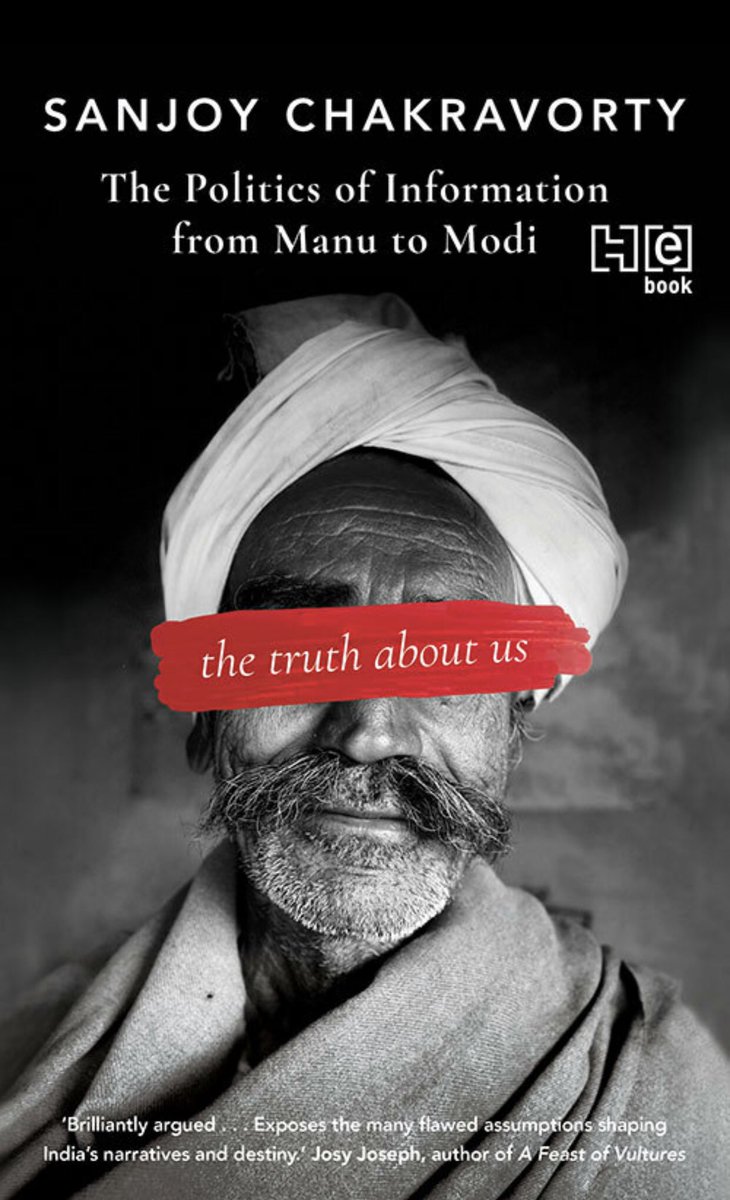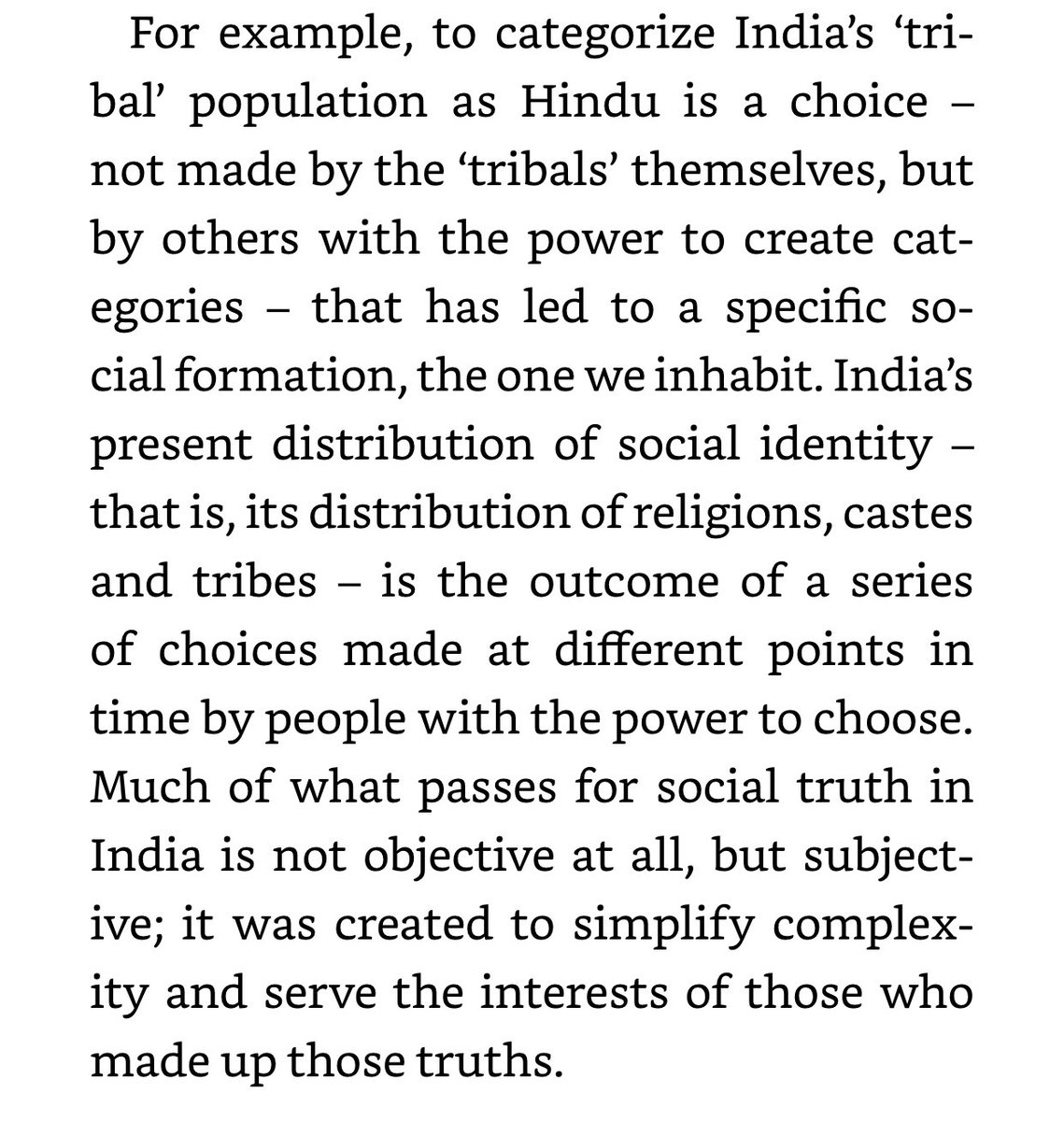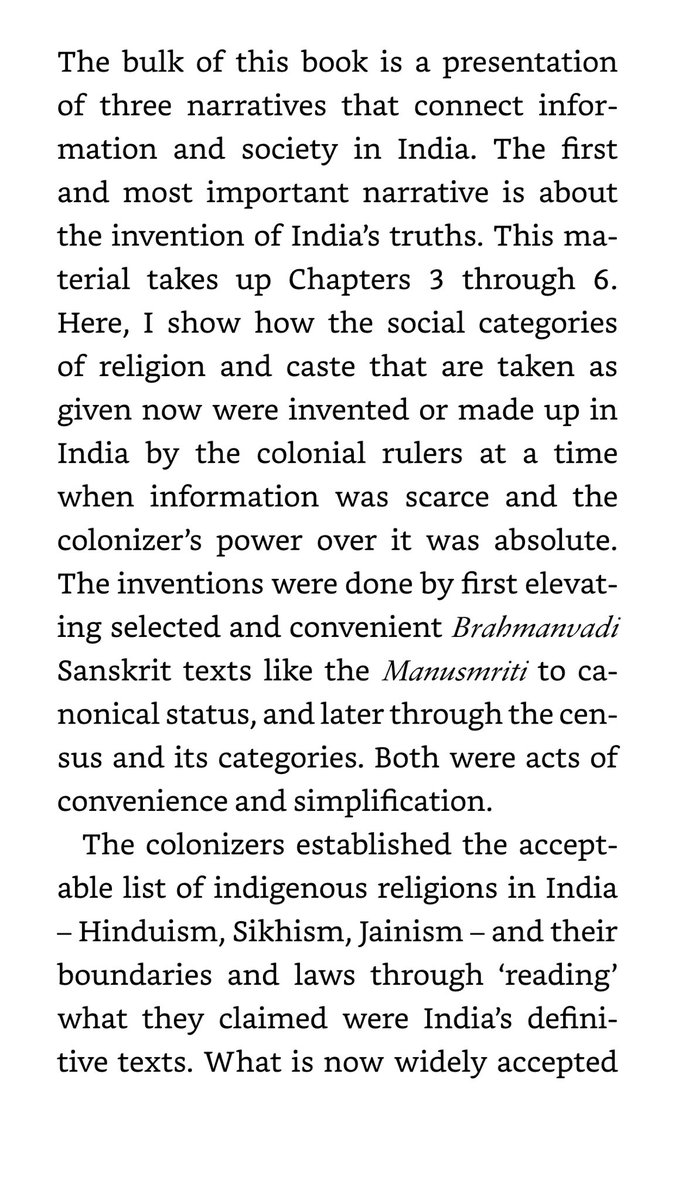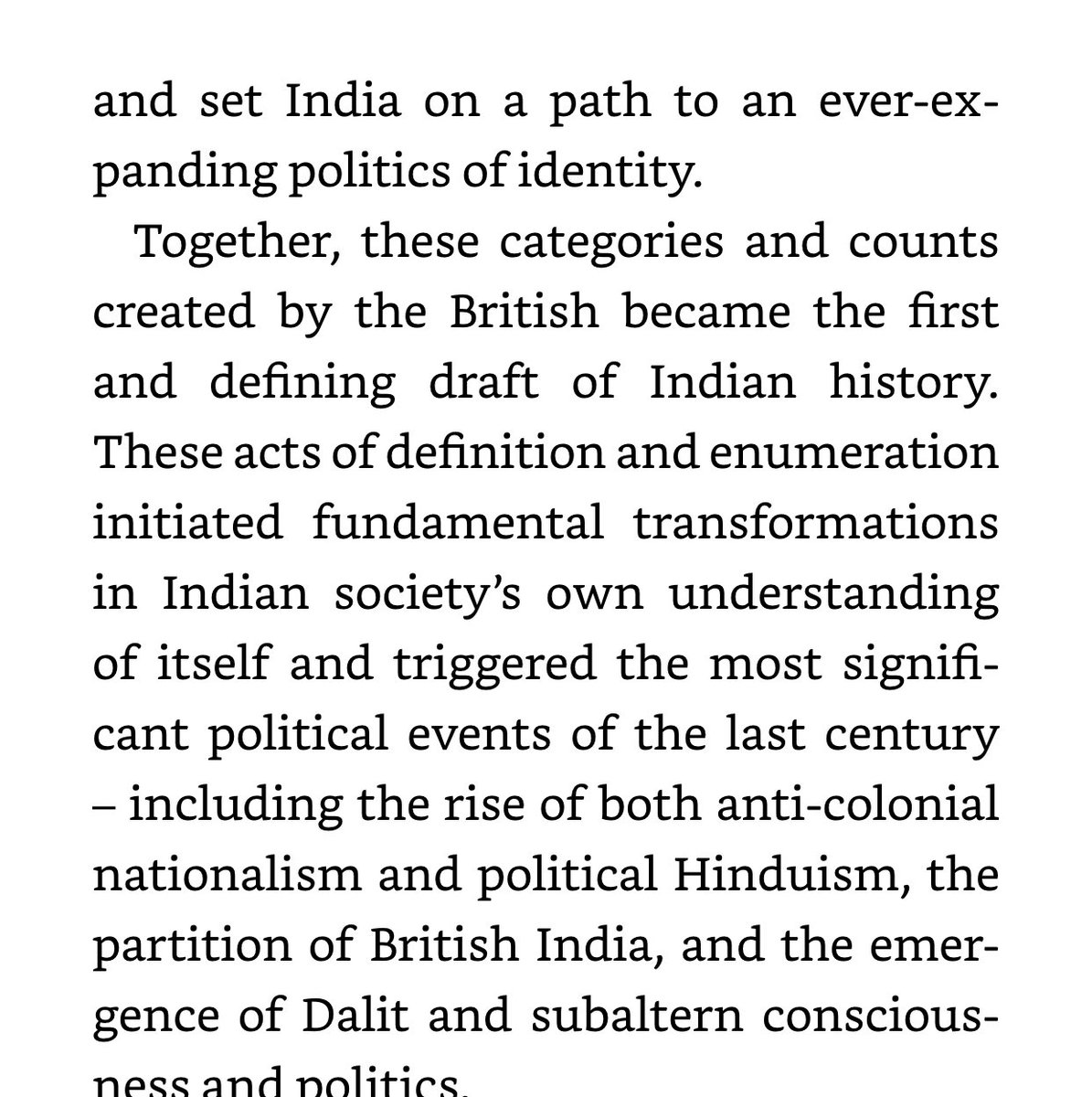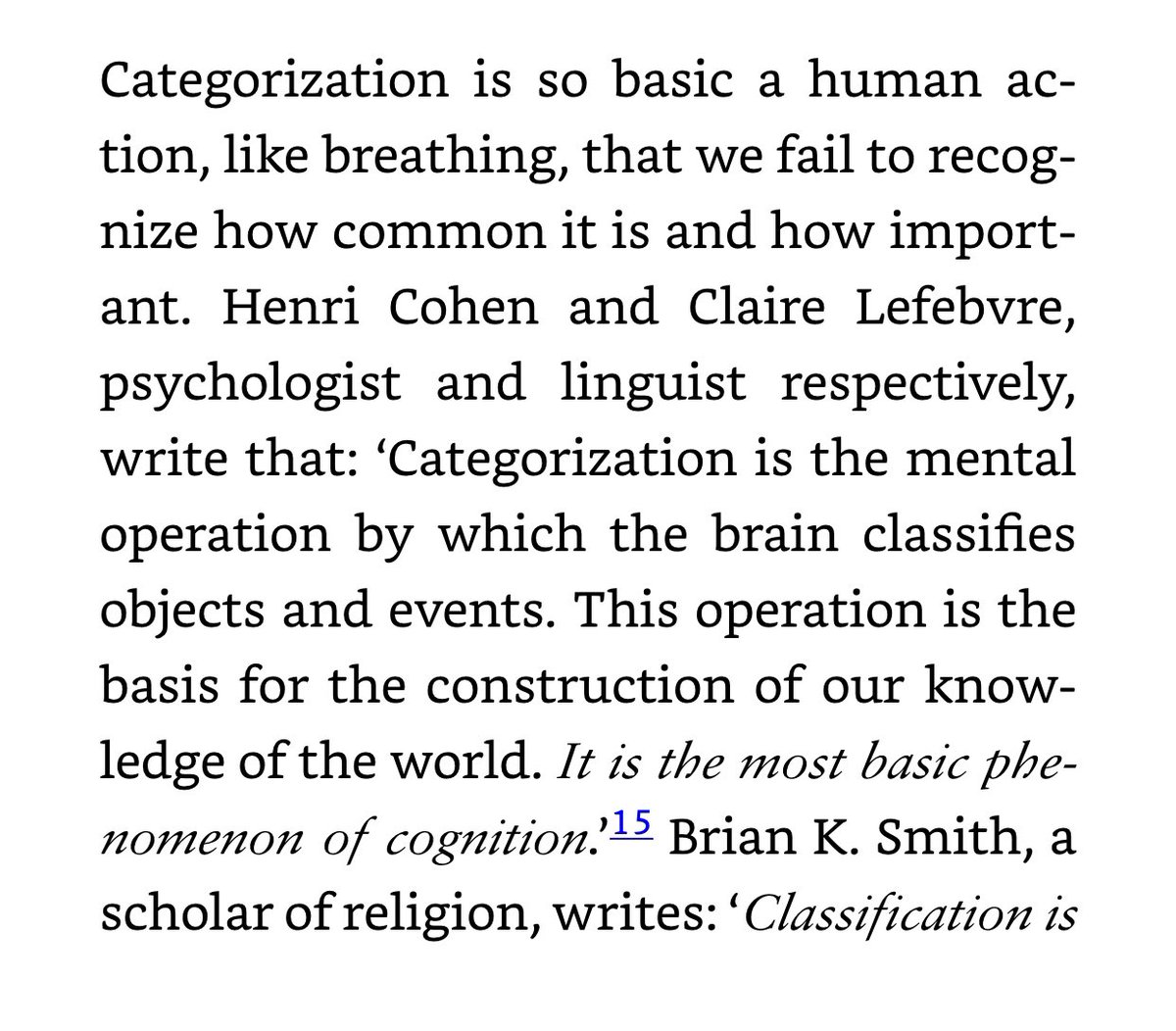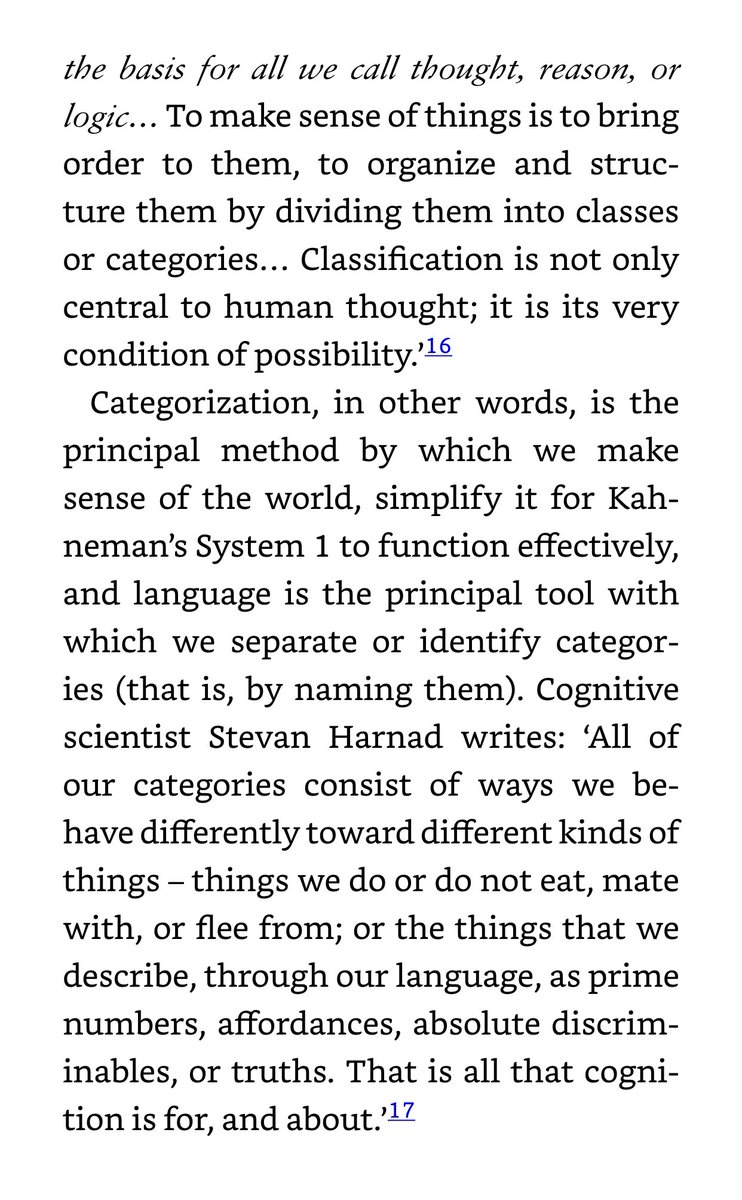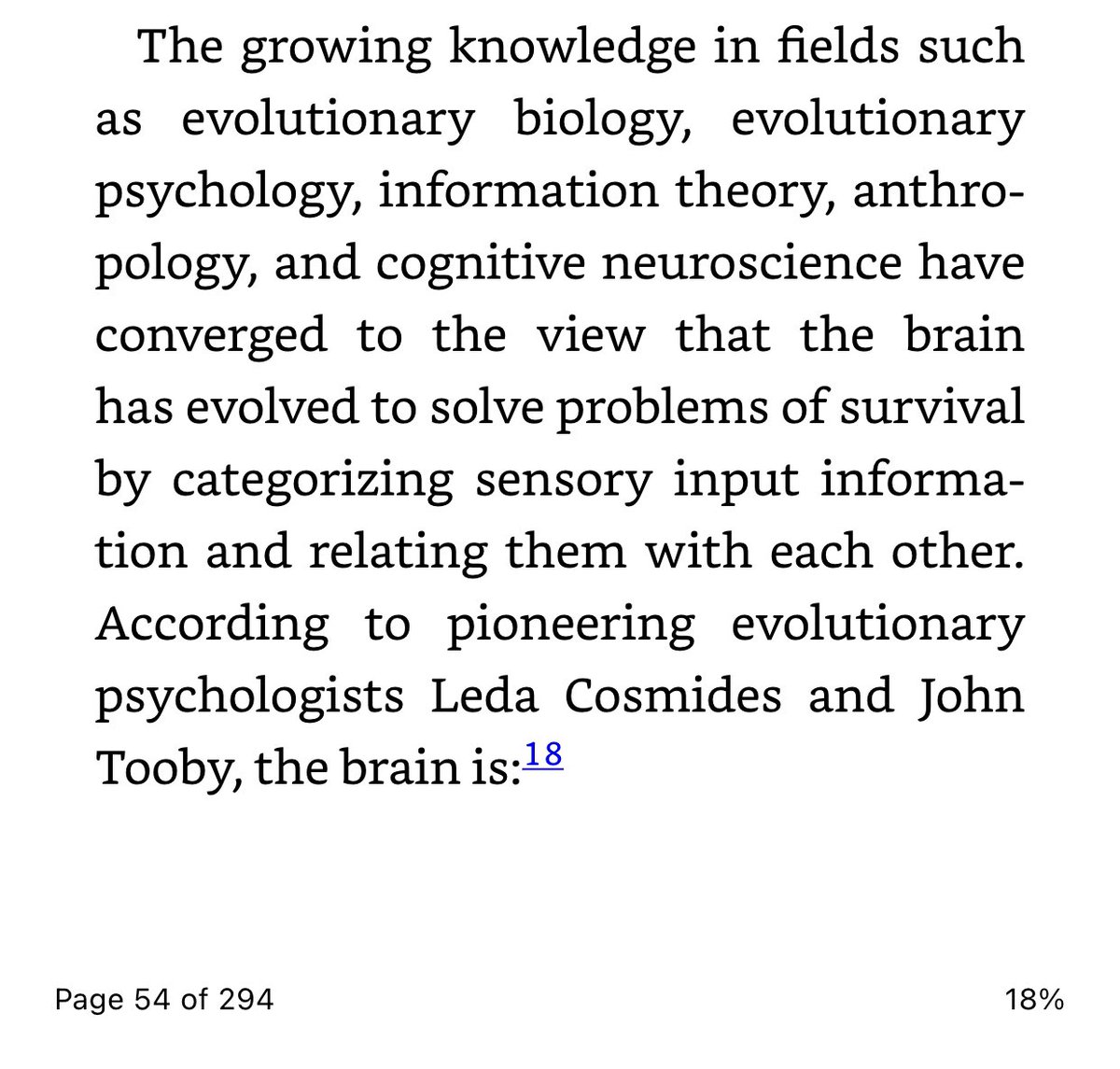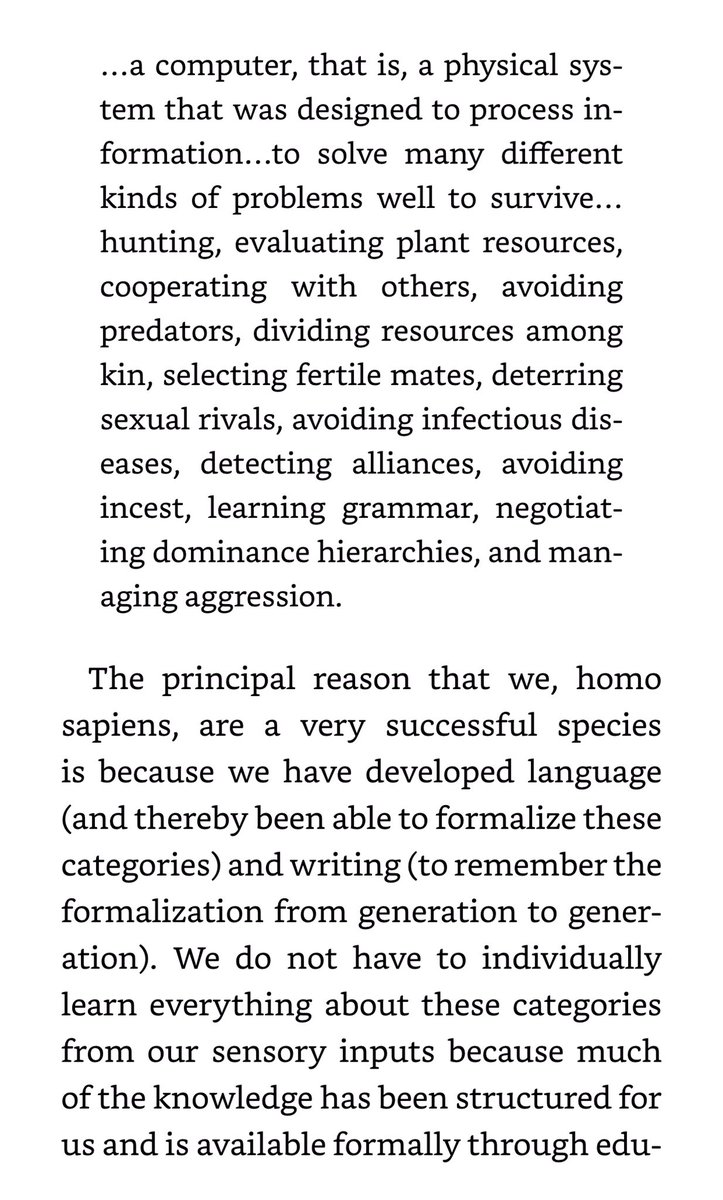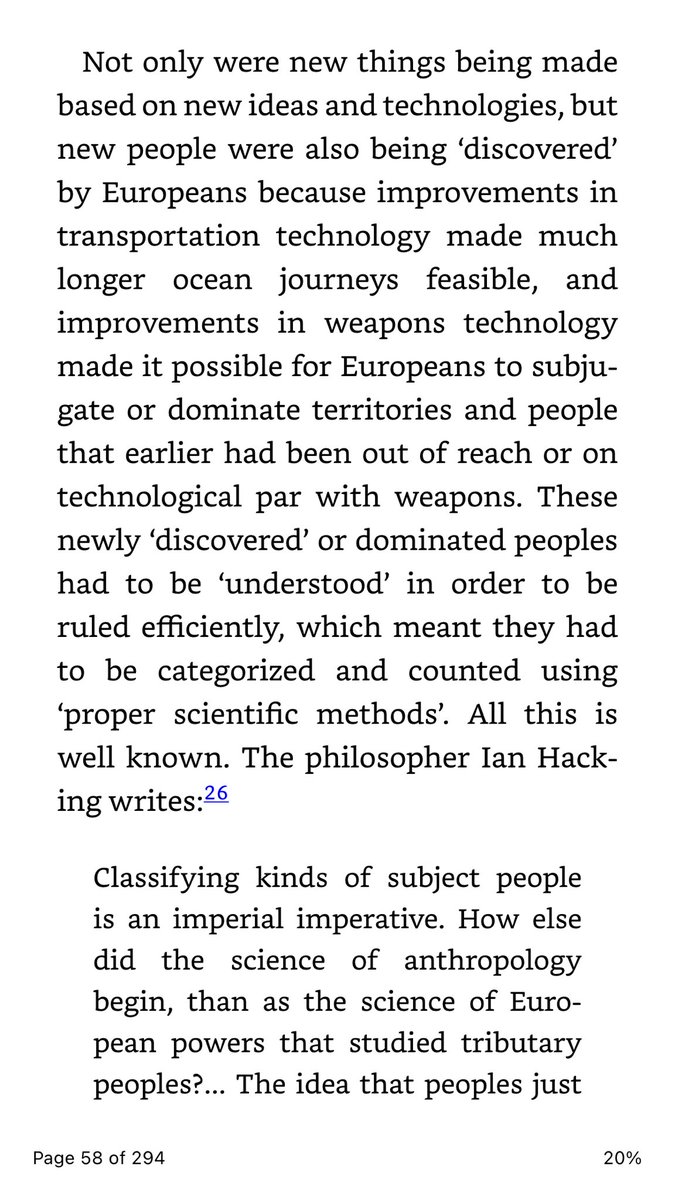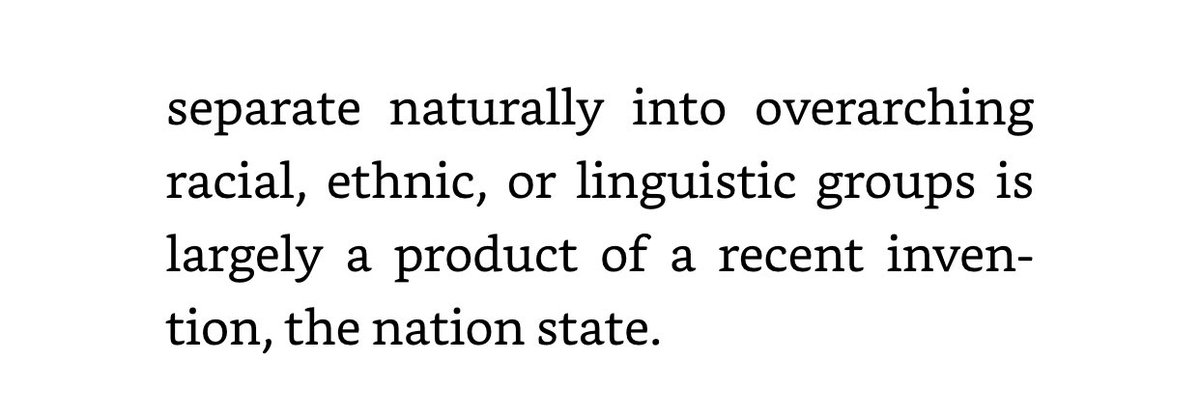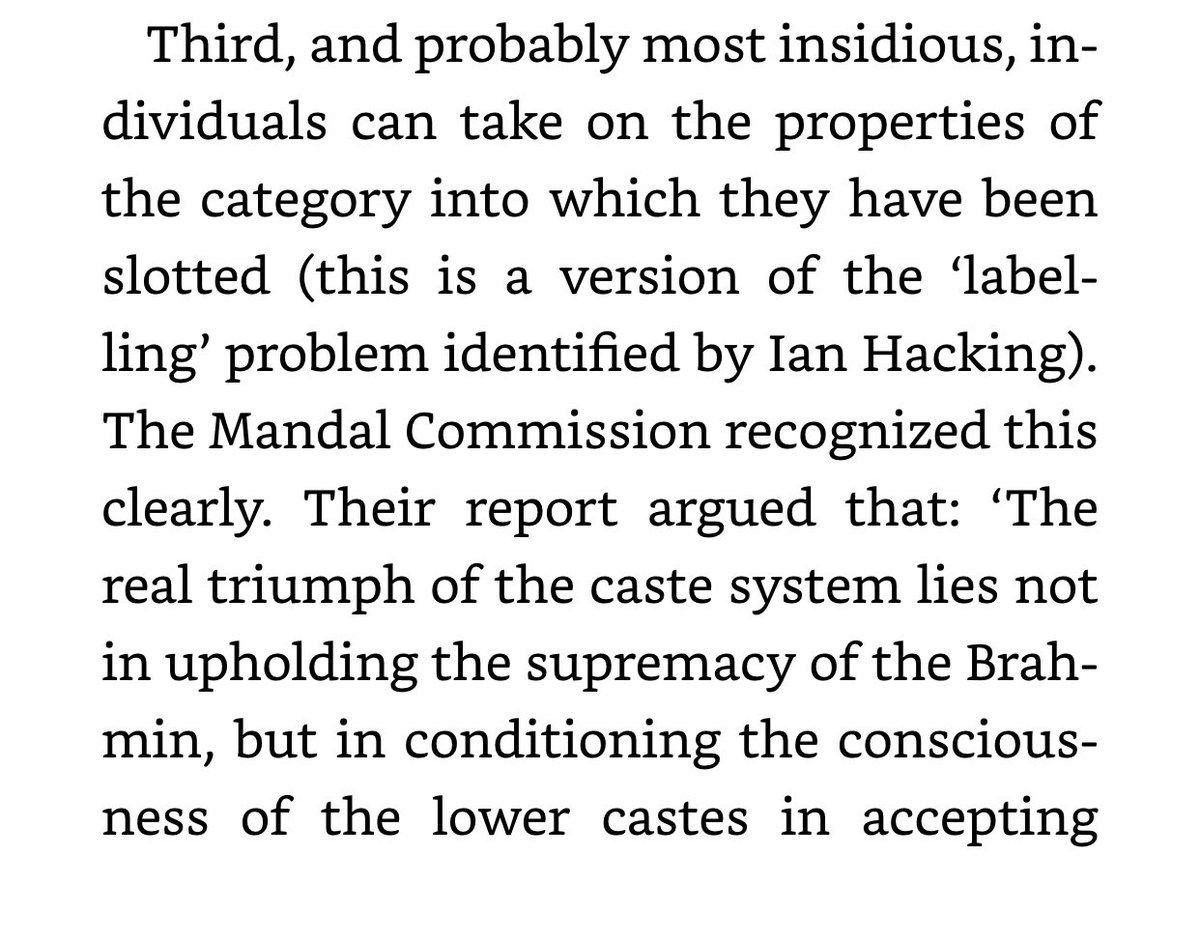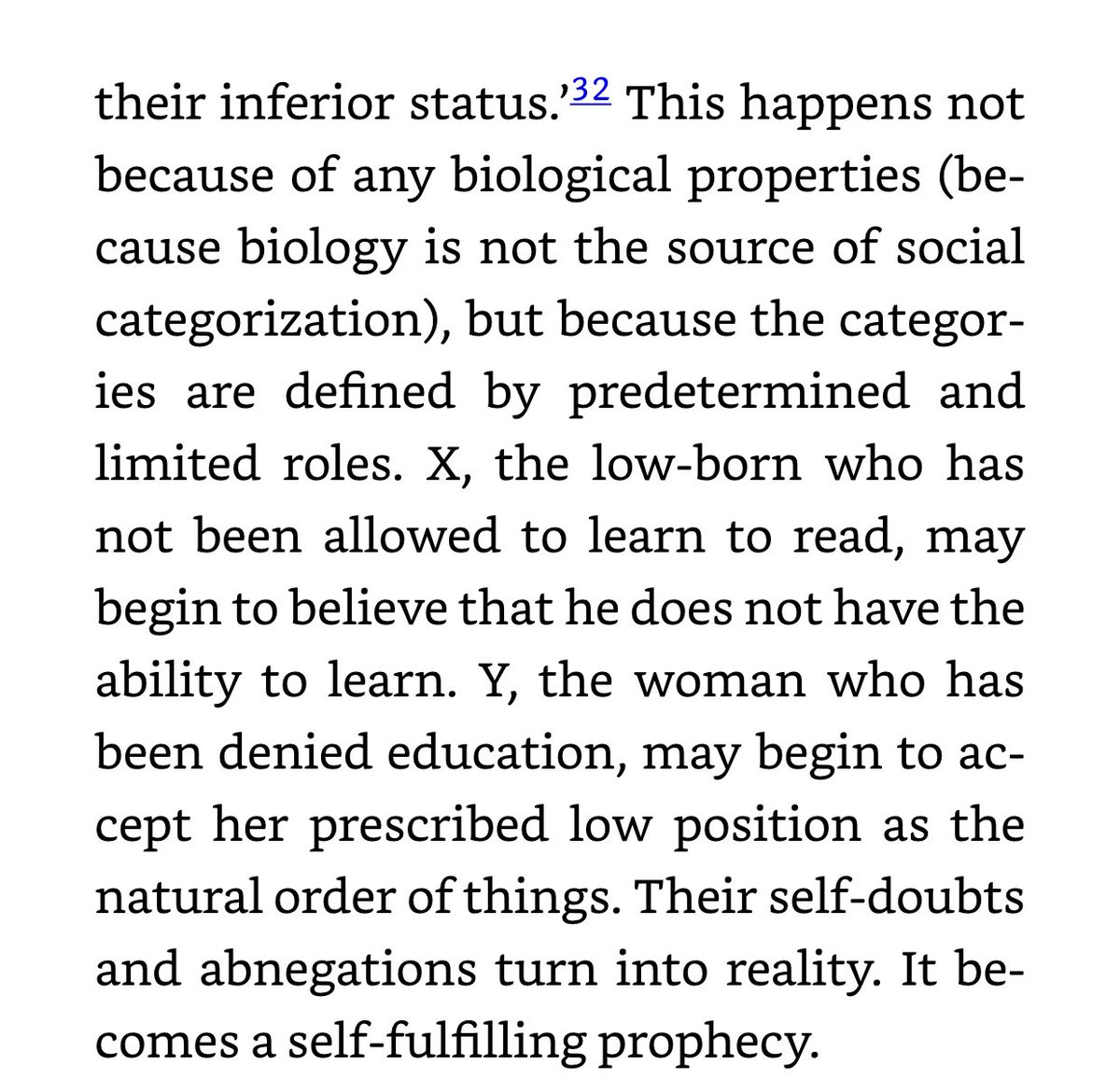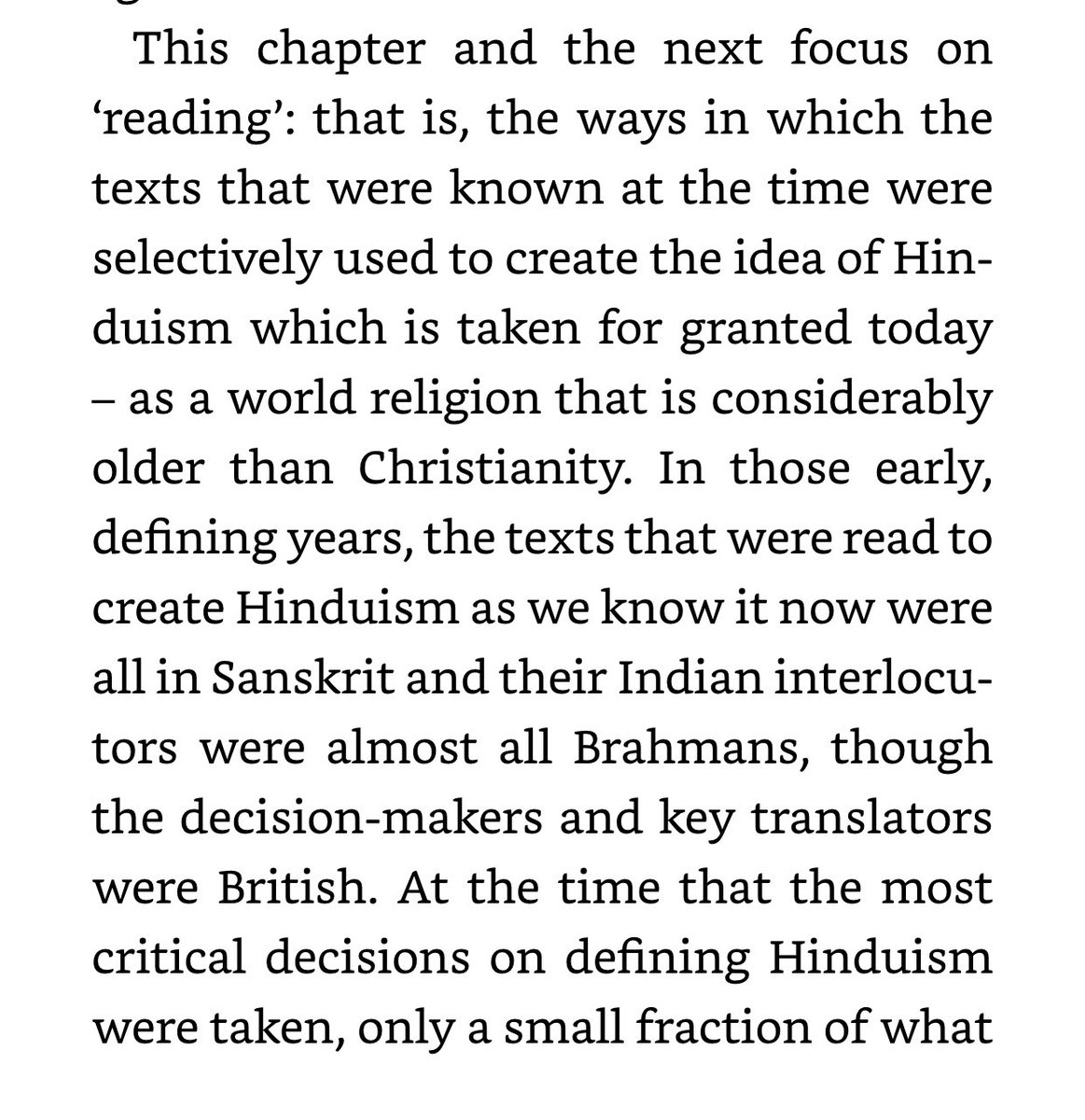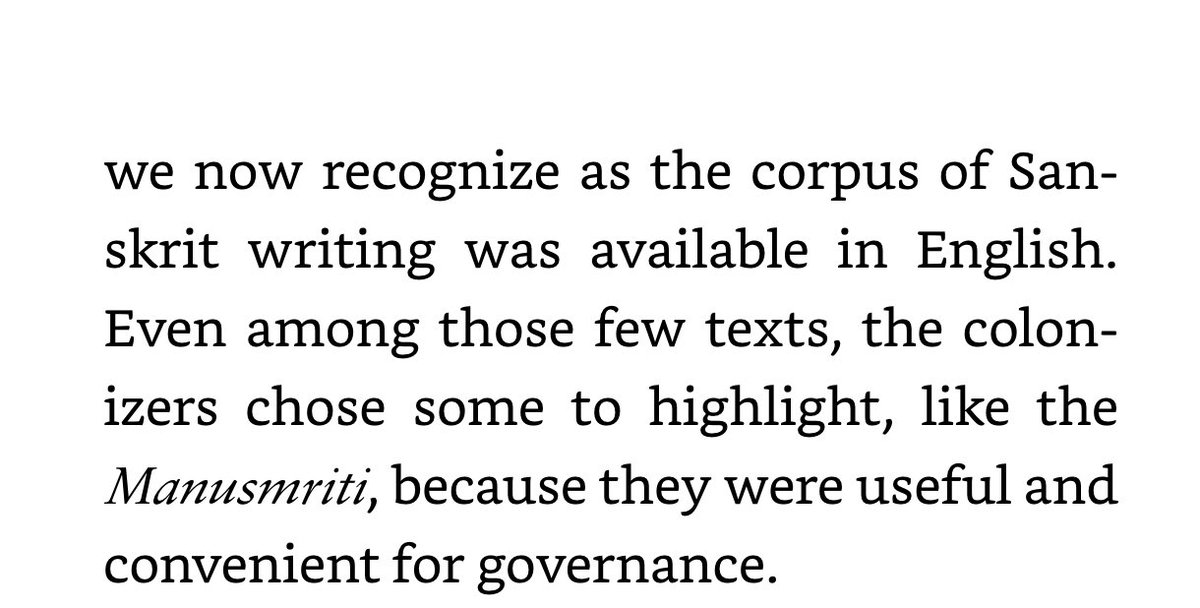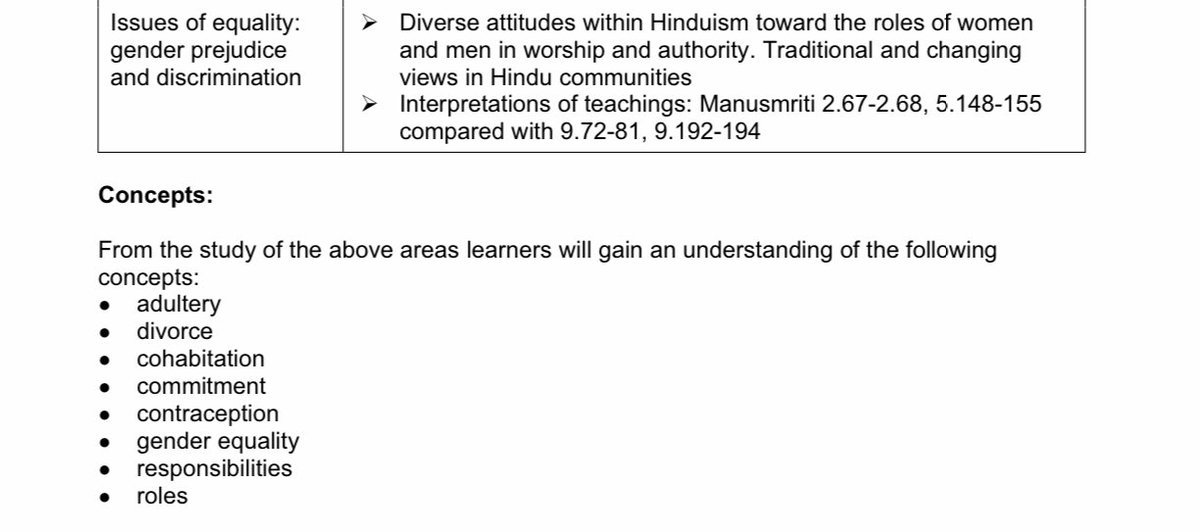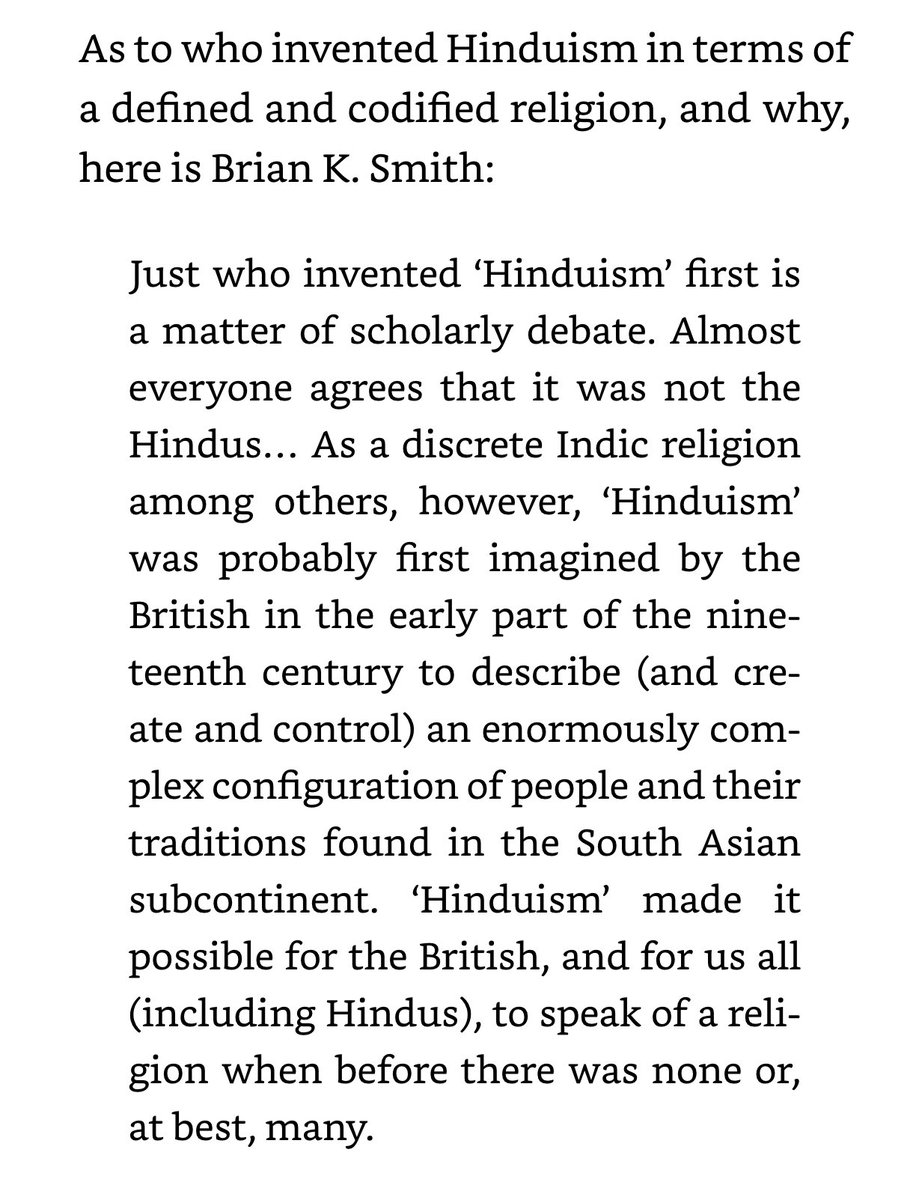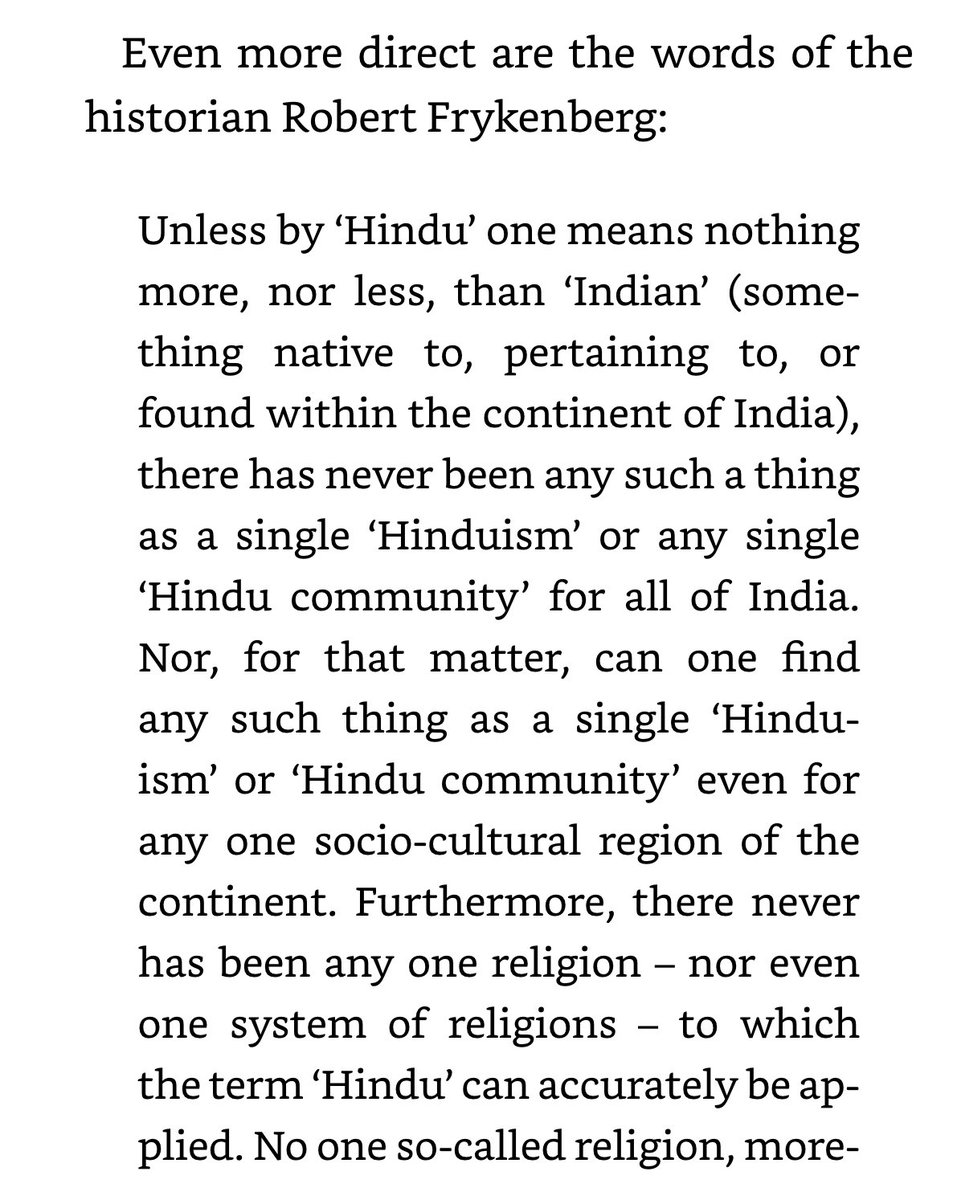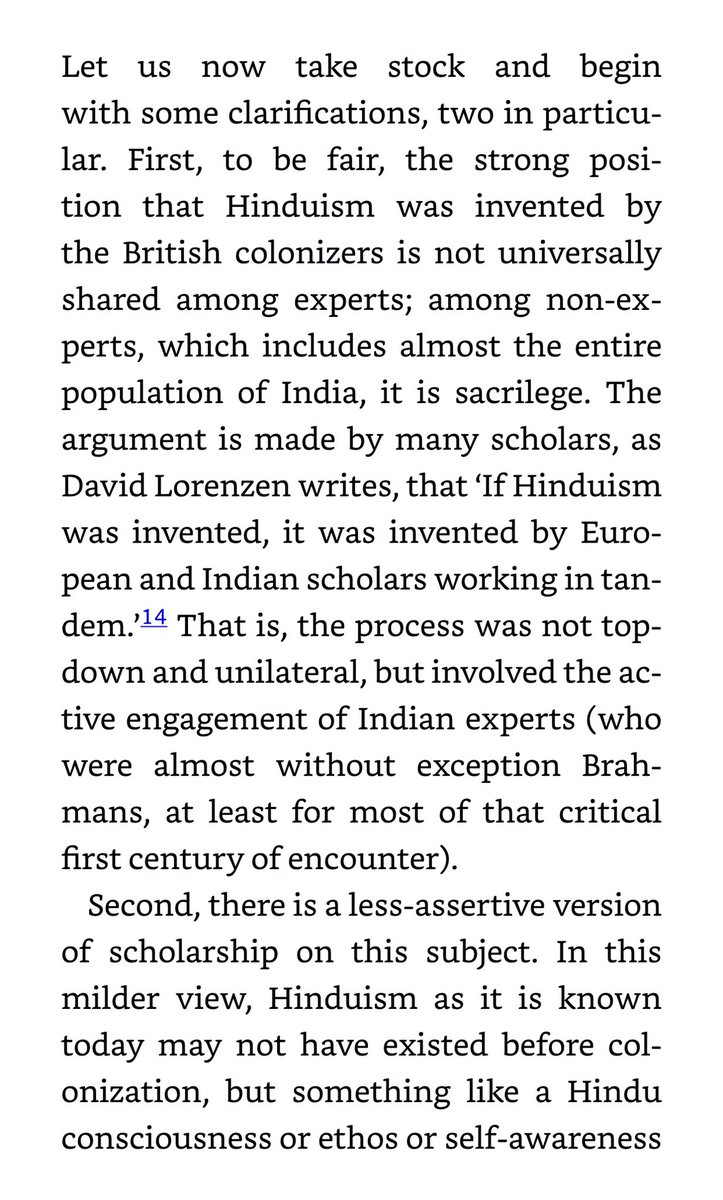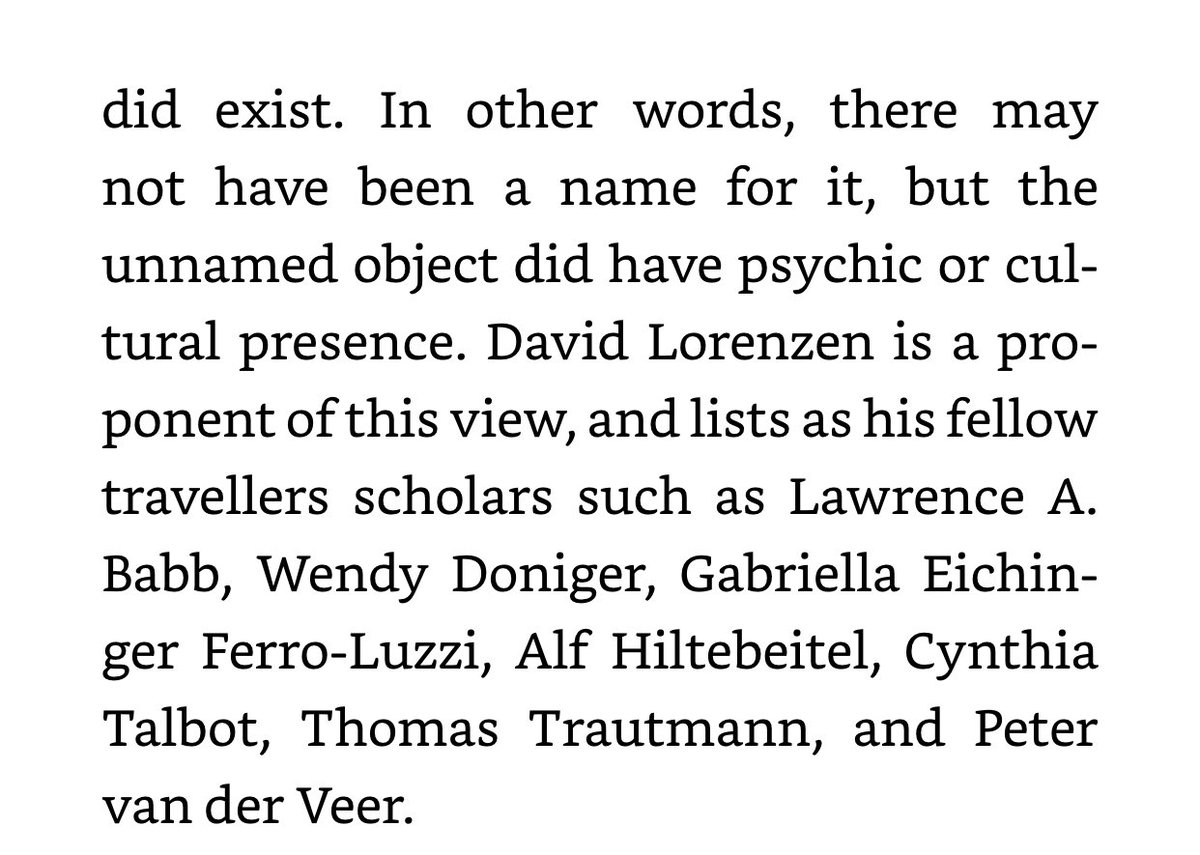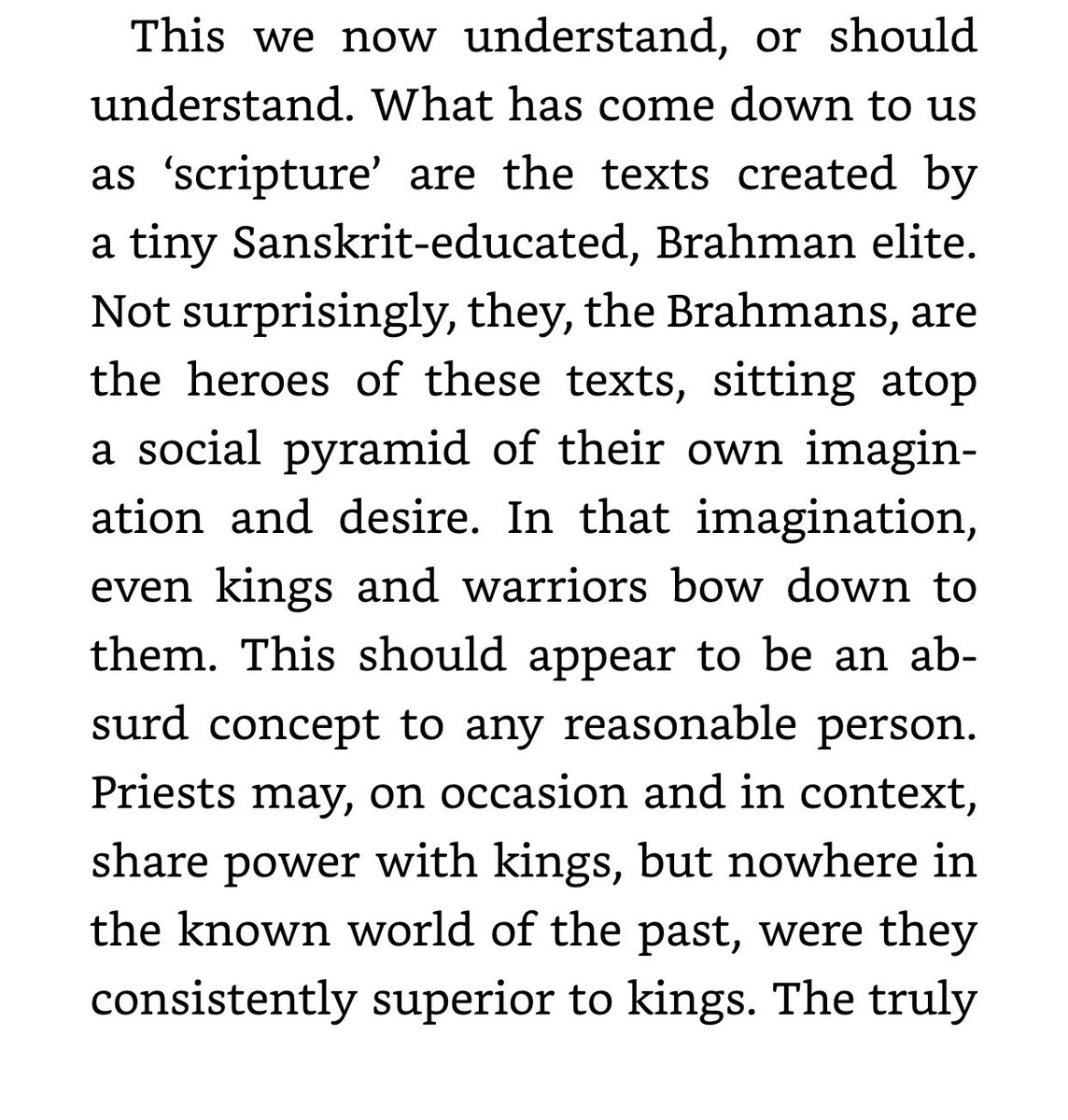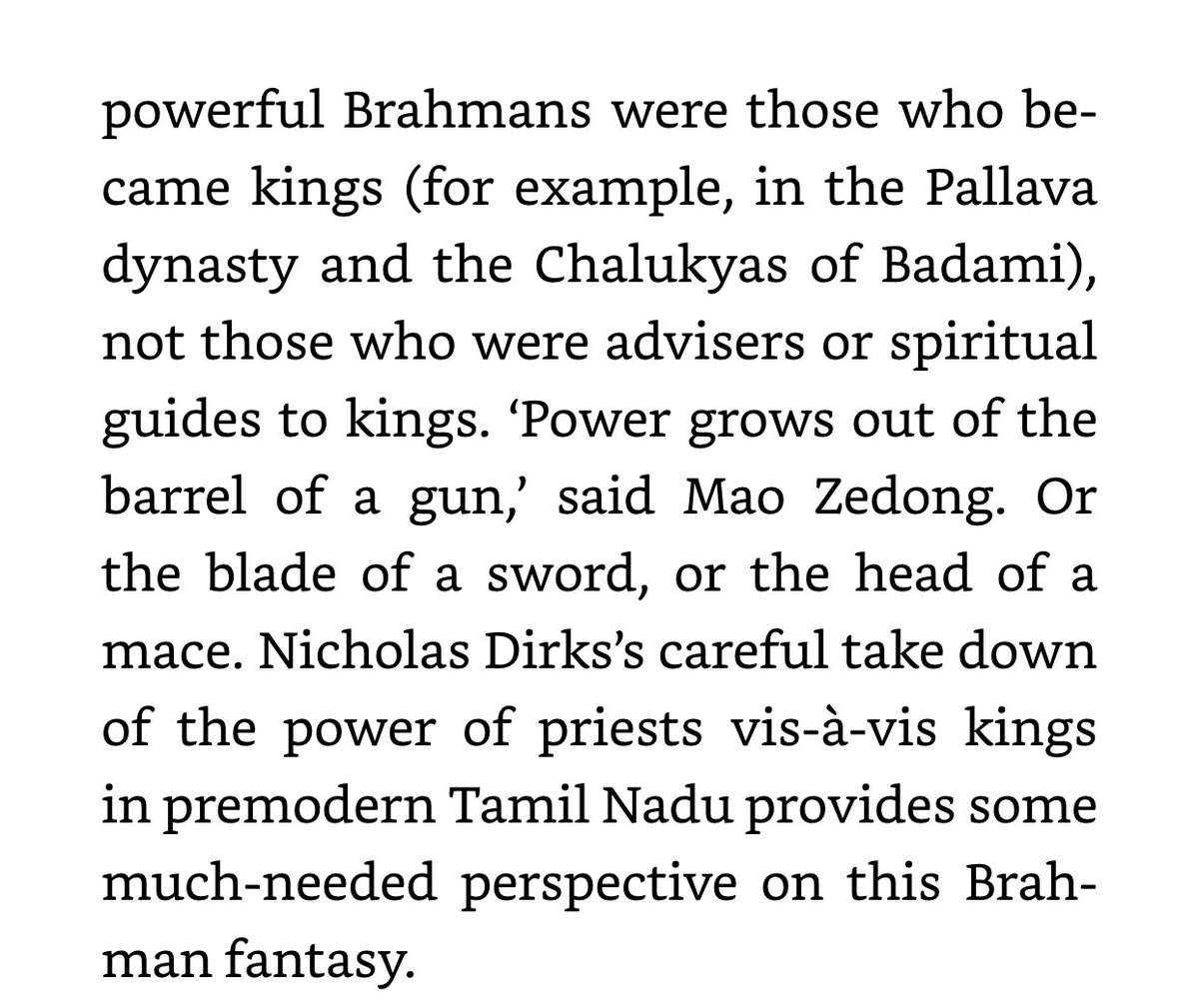This book has been quoted in a few of the articles I have been reading lately in response to the report on teaching Hinduism. So I am starting this evening.
The book is promising to unpack how colonial rule has shaped even created the Hinduism that many of us are teaching about in our classrooms
This could be an interesting way of approaching teaching about Caste. Caste systems are a product of a human brain that uses categorisation to make sense of the world. A great way of using different disciplines of knowledge to understand beliefs and practices.
The link between power relations and classifying people to both understand and control. Also a critique of anthropology from Ian Hacking who is new to me. I would like to think that by the end of KS3 some students could begin to critique the disciplines they use in RE.
I had never heard of the Mandal Commission but it could be useful for RE teachers - the report, the recommendations, reception in India and the criticisms. I have just lost myself down a rabbit hole reading and watching things about the commission.
Quotes from the the Manusmriti are on exam board specs. We could help our students evaluate those teachings by looking at how they have been viewed by key figures. I have done this but never went beyond Gandhi. Looking at who creates a religious canon is always interesting.
There is an interesting discussion on the origins of the term Hinduism in chapter 3 supported by a range of sources. I think students could use these sources looking at the origins of “Hinduism”
I know that my GCSE students could have used this commentary on the Varna system both in lessons and in their evaluation questions in the exam.

 Read on Twitter
Read on Twitter